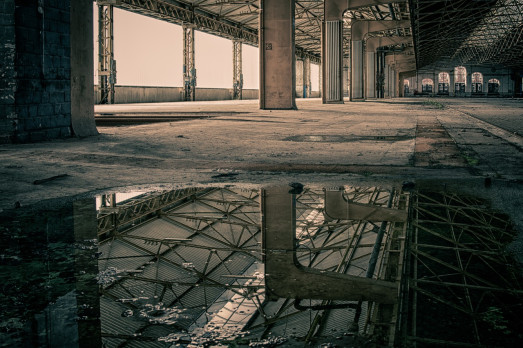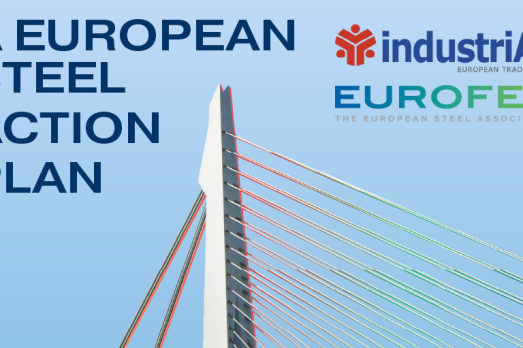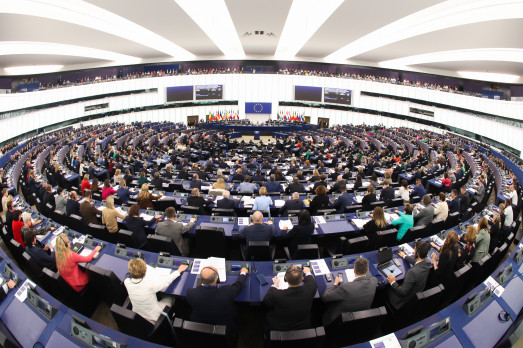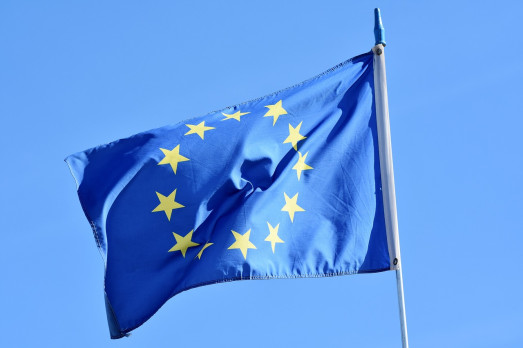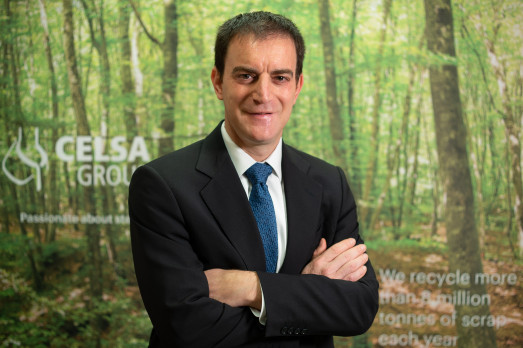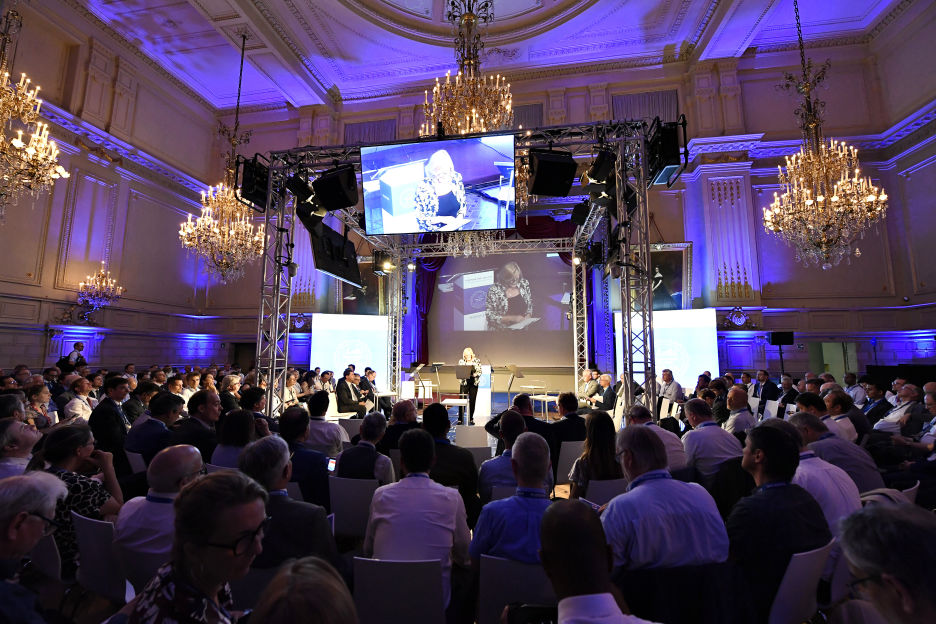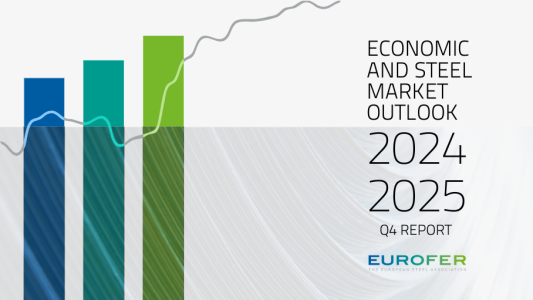
Press release in focus
Steel market outlook continues to worsen as demand and consumption decline amid high import shares
Brussels, 29 October 2024 – The European steel market faces an increasingly challenging outlook, driven by a combination of low steel demand, a downturn in steel-using sectors, and persistently high import shares. These factors, combined with a weak overall economic forecast, rising geopolitical tensions, and higher energy costs for the EU compared to other major economic regions, are further deepening the downward trend observed in recent quarters. According to EUROFER’s latest Economic and Steel Market Outlook, apparent steel consumption will not recover in 2024 as previously projected (+1.4%) but is instead expected to experience another recession (-1.8%), although milder than in 2023 (-6%). Similarly, the outlook for steel-using sectors’ output has worsened for 2024 (-2.7%, down from -1.6%). Recovery projections for 2025 are also more modest for both apparent consumption (+3.8%) and steel-using sectors’ output (+1.6%). Steel imports share rose to 28% in the second quarter of 2024.





